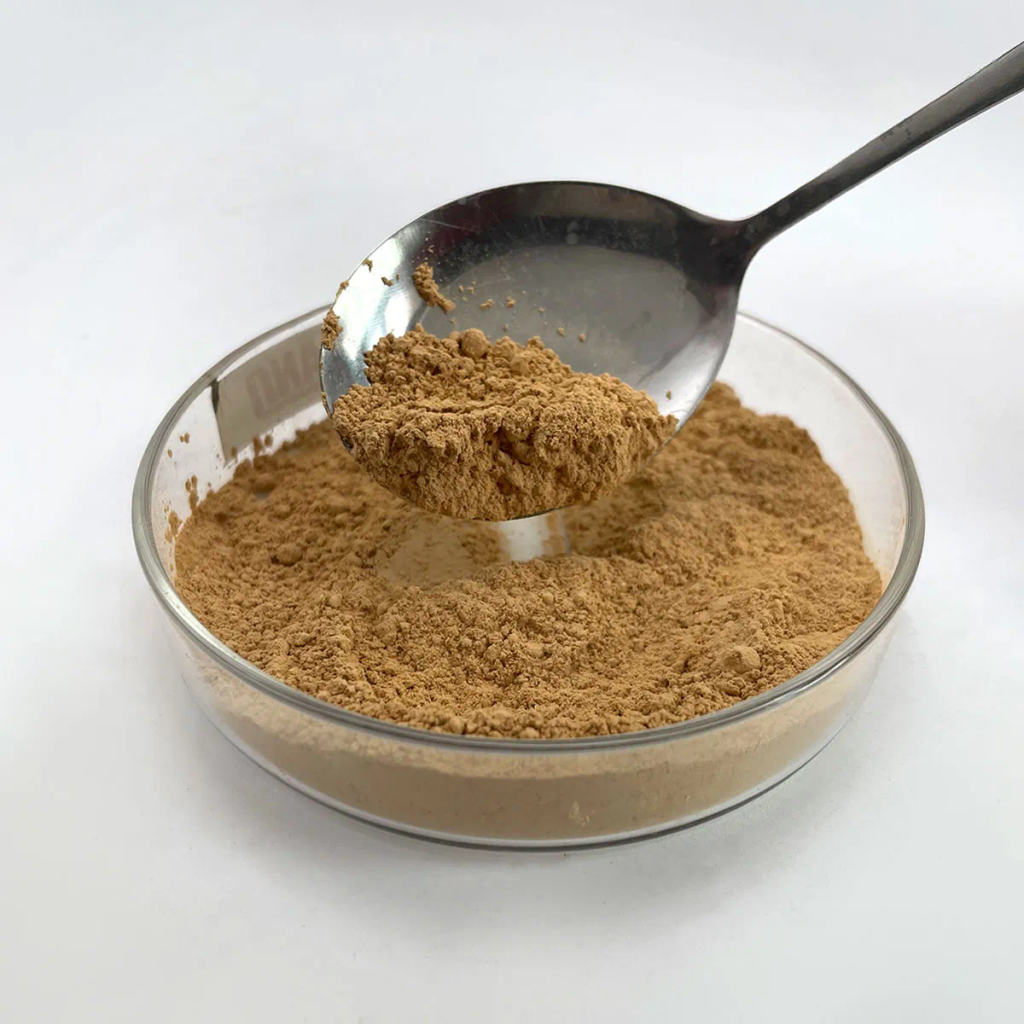When we talk about healthcare, one crucial aspect often overlooked is dental health. Our pearly whites, or molars, not only play a vital role in chewing but also contribute significantly to our overall well-being. Welcome to a fascinating journey through the world of dental science, where we’ll explore the marvels that keep our smiles healthy, vibrant, and confident.
The Foundation of Dental Health: Molars Unveiled
At the heart of our dental anatomy lie the molars. These sturdy, flat teeth are positioned at the back of the mouth and are specifically designed to grind and crush food, aiding in the digestion process. The molars’ large surface area helps ensure that our food is adequately broken down, facilitating proper nutrient absorption.
Molars come in various types, including incisors, canines, premolars, and the mighty wisdom teeth. While each type has its unique function, it’s the molars that steal the show with their incredible ability to break down even the toughest of foods. Regular dental burs care, including brushing, flossing, and routine check-ups with your dentist, is essential to maintain the health and longevity of these remarkable teeth.
Diving into Dental Science: The Art of Smile Preservation
Dental science is an intricate blend of art and medicine that has evolved significantly over the years. From ancient civilizations using sticks as toothbrushes to the sophisticated tools and techniques of modern dentistry, the goal remains constant: to preserve and enhance our smiles.
One of the most groundbreaking advancements in dental science is the field of orthodontics. Braces, retainers, and aligners are designed to correct misaligned teeth, providing both aesthetic appeal and improved functionality. These innovations have brought smiles to millions, boosting confidence and transforming lives.
Medicine Meets Dentistry: Understanding Oral Health’s Impact on the Body
Did you know that dental health is closely intertwined with overall health? The phrase “mouth-body connection” couldn’t be truer. Emerging research suggests that oral health issues, such as gum disease, can have far-reaching effects on our bodies. Poor oral hygiene has been linked to heart disease, diabetes, and even respiratory infections.
Regular dental check-ups are not just about achieving a picture-perfect smile; they’re a crucial step in preventing potential systemic health complications. Your dentist can identify early signs of oral diseases and recommend necessary treatments, ensuring your oral health contributes positively to your overall well-being.
Steps to Optimal Dental Hygiene
Achieving and maintaining optimal dental health requires more than just brushing your teeth twice a day. Here’s a simple roadmap to guide you:
Brushing Technique: Use fluoride toothpaste and a soft-bristle toothbrush. Brush gently in circular motions to clean all tooth surfaces without damaging your gums.
Flossing Fundamentals: Floss daily to remove food particles and plaque from between teeth and along the gumline, where your toothbrush might not reach.
Balanced Diet: Limit sugary snacks and beverages that can promote tooth decay. Opt for a diet rich in fruits, vegetables, lean proteins, and whole grains.
Regular Dental Visits: Schedule check-ups with your dentist at least twice a year. These visits allow for early detection of issues and professional cleaning to remove stubborn plaque and tartar.
As we delve into the world of dental science, it’s essential to acknowledge the professionals who make it all happen. Dentists, like the dedicated experts at Dentist Campsie, play a pivotal role in ensuring our oral health. From routine cleanings to advanced procedures, these professionals are at the forefront of dental care, committed to creating healthier, happier smiles.
Moreover, they actively contribute to the community by organizing educational events and workshops. For instance, Dentist Campsie might host oral hygiene workshops at local schools, promoting awareness and instilling good dental habits from a young age.
Molars, Medicine, and More: A Journey Through Dental Science







